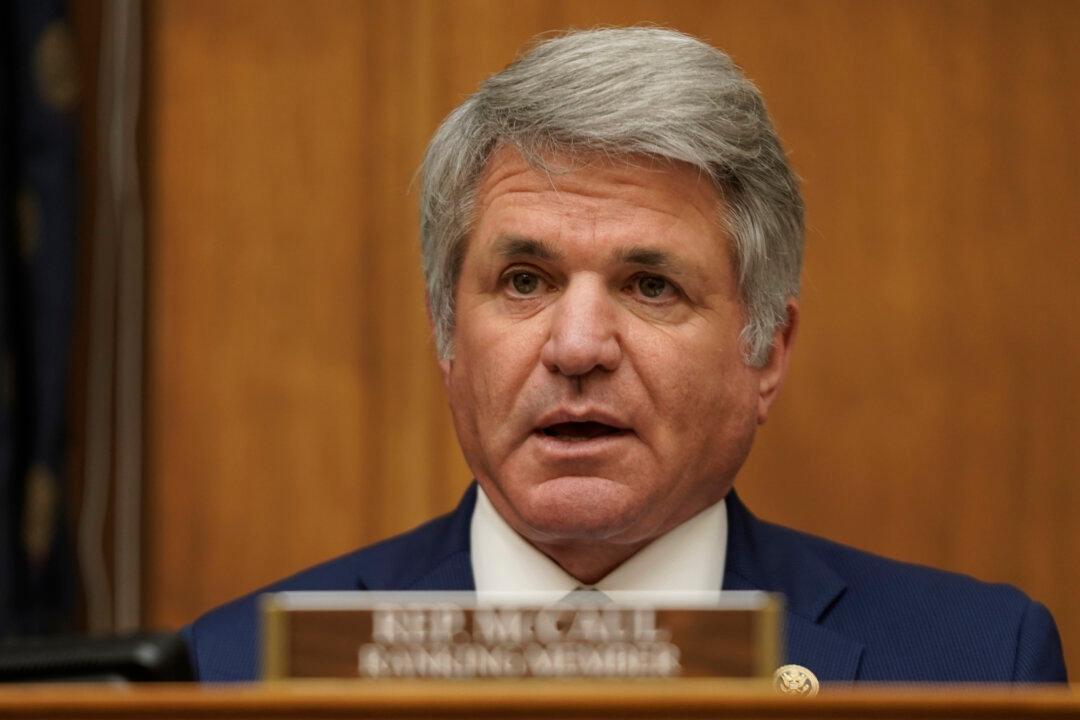Secretary of State Antony Blinken said June 7 during a House Foreign Affairs Committee hearing that thousands of Afghans who have assisted the United States there since 2001 and who want to leave may still be there after American troops withdraw this summer.
“We are looking very actively at every possible contingency to make sure that we can accommodate and care for those who have helped us and who are seeking to leave,” Blinken said when asked about the issue by Rep. Michael McCaul (R-Texas), ranking minority member of the Foreign Affairs Committee.





